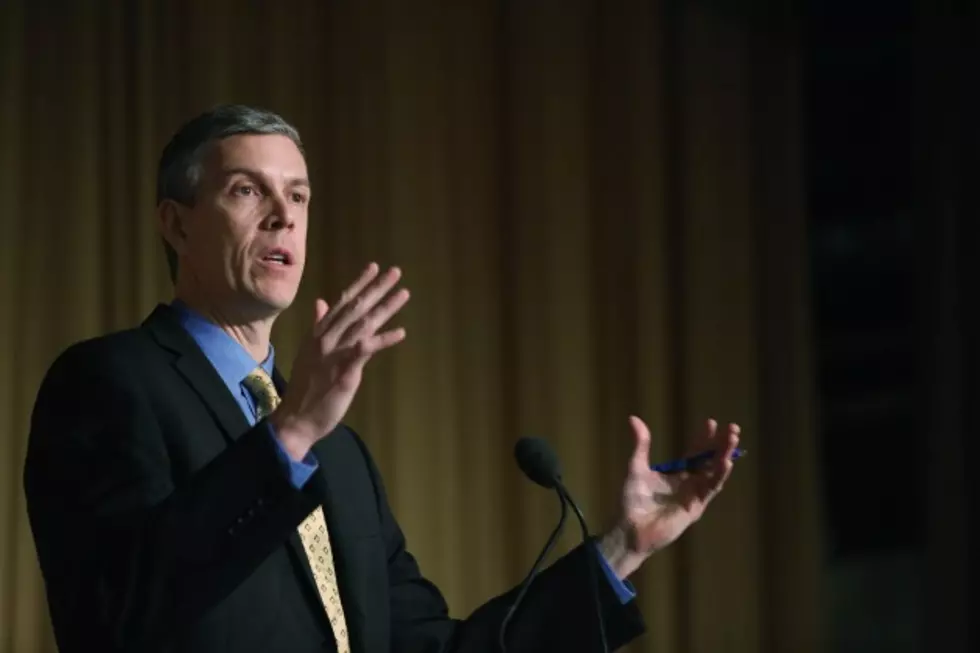
ABC 1,2,3
It seems that something is missing between spoken words of political activists and the implementation of the policy which is advocated. If our best interest is the priority of policy ‘x’, then why is it we experience a negative result when the policy is initiated? Specifically, in the matter of education as oft stated, public education is best for the kids, as well as for the betterment of society. Without doubt, a parent’s natural inclination is for the children to get the best education possible and turn that education into the skills necessary for a positive and productive future. This also has been the stated goal during formulation of the department of education since the 1960’s and after its official creation in 1979. State and local boards espouse the same goals, yet all three agencies fall short.
We know of their failure as evidenced in their constant appeal to us as taxpayers to allow them to spend more on education after each and every school year so that the students can reach their full potential. Each year we are barraged by numerous media ads, ballot initiatives, politicians and school board members pledging to fix the broken system and reform the way things are done so that our children are prepared for the challenges of tomorrow. The guilt bestowed upon us to “do the right thing” and pass the tax increase is akin to being held responsible because Rudolph refused to guide Santa’s sleigh. It has become our fault that “the children” won’t have books, pencils or even a building to go to, because education funding is insufficient. Alas, our kids will fall well behind the rest of the world’s graduates and with futility approach the job market. The projection of guilt does not stop with the students. Let us not forget the teachers. How can we expect them to survive on such a meager pittance of a salary and deal with the daily classroom challenges? With each request we never hear the reasons why last years’ budget failed or why the teaching programs did not work. Could there more paper shuffling at the administrative level than in the classroom? What about poor and/or mismanagement of resources? The only solution offered is to spend more money and all will be just fine. Just once before the request for a financial increase is made, let’s discuss the reasons why and why not previous budgets and the part(s) of the curriculum which don’t work should be continued, then, what would be the viable solution to correct the problems.
Another element to explore is the necessity of the federal department at all. I believe we would do ourselves far better were it dissolved. Is this an attack on kids, literacy or just crazy right-wing ranting to placate Tea Party types? No, no, and no. An organization which has consistently failed its stated purpose need not exist. It has become a money pit, a home for ineffective managers and the perfect fund-raising tool for politicians. The job of educating children should be left to parents, qualified teachers and local school districts. Some will argue this could not possibly be enough. That charge will come from those with something to gain from the status quo. Ask any fifth grader the name of the Washington bureaucrat which last helped him with homework or assisted with a science project. It is the people closest to the student with the vested interest in his success that will offer that aid. The closer to the situation one is, the more effective the assistance. What about the money? Leave it in the local communities where the schools and children are, to be directed and controlled by the local districts, school boards parents and teachers. Local control and decisions will yield better results. A measurable test would be for localities to run their education systems without federal intervention for the same number of years as the Dept. of ED. has been in place then report the difference. I predict vast improvement will be the outcome.
Finally think of the numerous programs with fancy names all designed for the children. No Child Left Behind, Goals 2000, Race to The Top, Outcome Based Education and others. It did not take a fancy named program to spawn some of the most creative inventors and profound thinkers in past times. Consider Edison, Einstein, Gates, Lincoln, Jefferson, King and Washington but to name a few. What was required was the opportunity to learn basics at home, then refine and advance that learning in schools designed to promote critical thinking by teachers and mentors who understood and knew how to bring that knowledge to fruition. Millions and billions of dollars were not involved neither was a sea of political red tape and mounds of regulations. The recipe calls for eager students and concerned teachers, the main ingredients necessary to produce learned and prosperous graduates.
More From WFNT



![The Part of Trump’s Boy Scout Speech the MSM Won’t Show You [VIDEO]](http://townsquare.media/site/47/files/2017/08/Bou-Scout.png?w=980&q=75)





